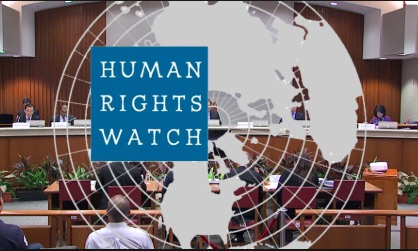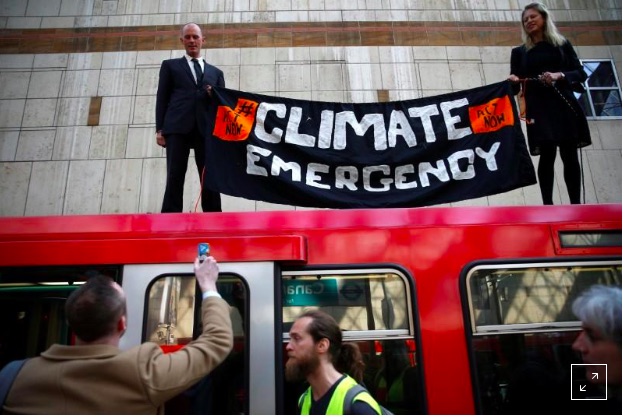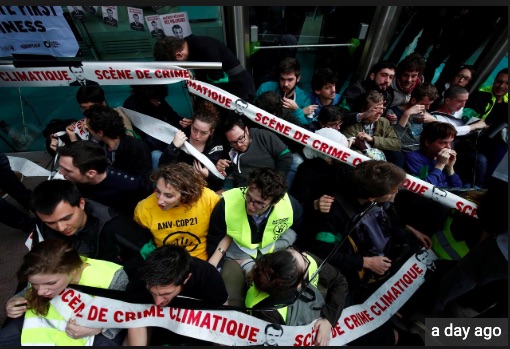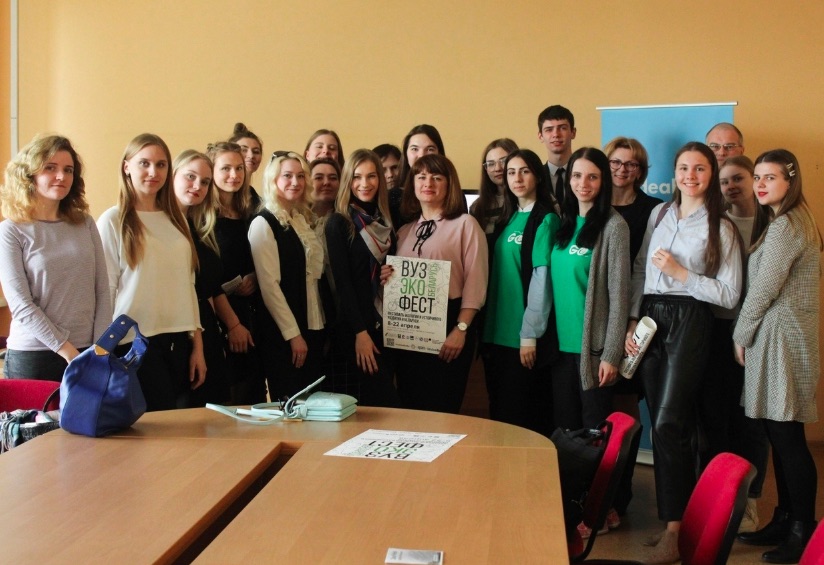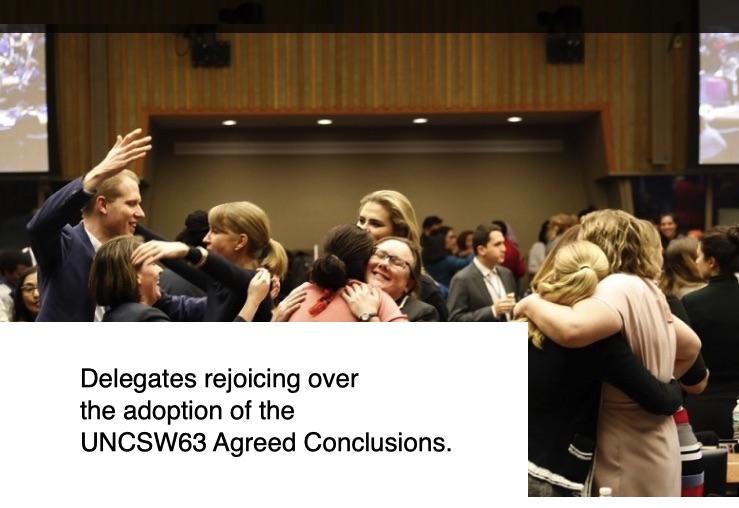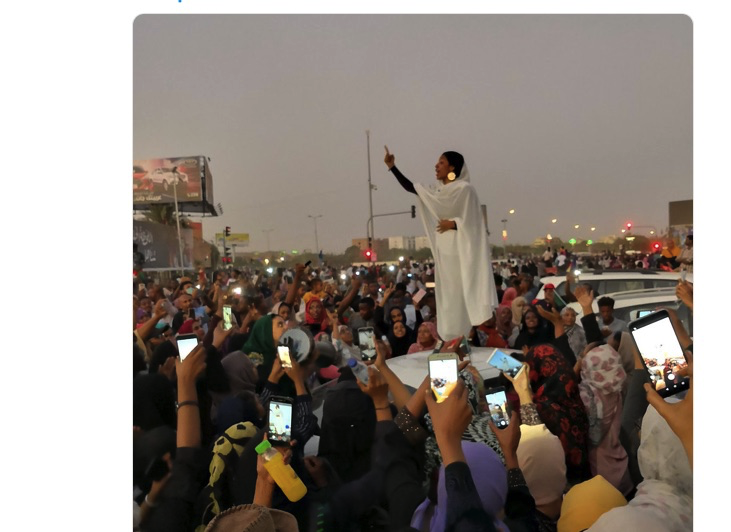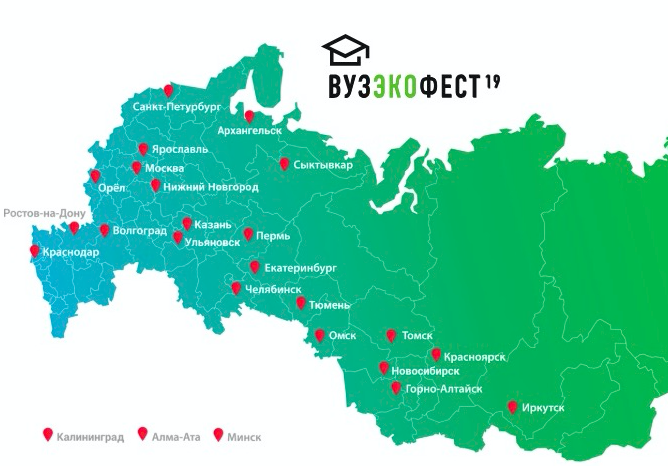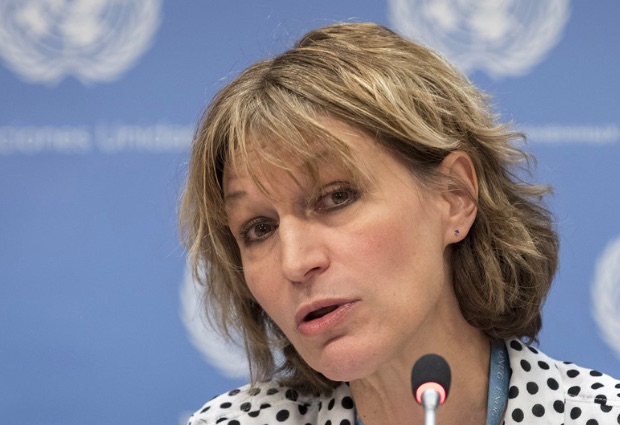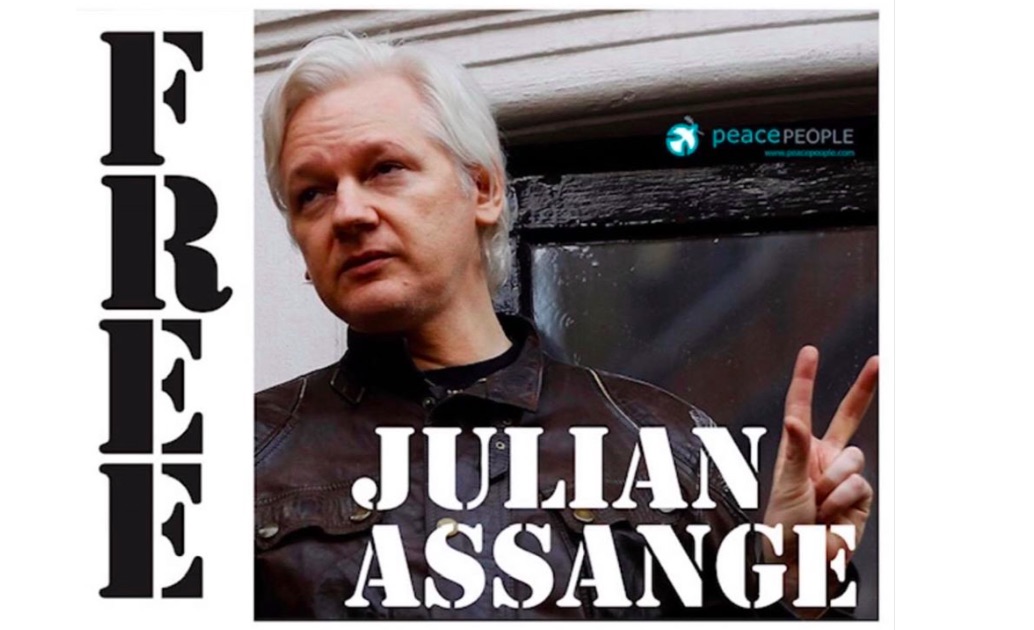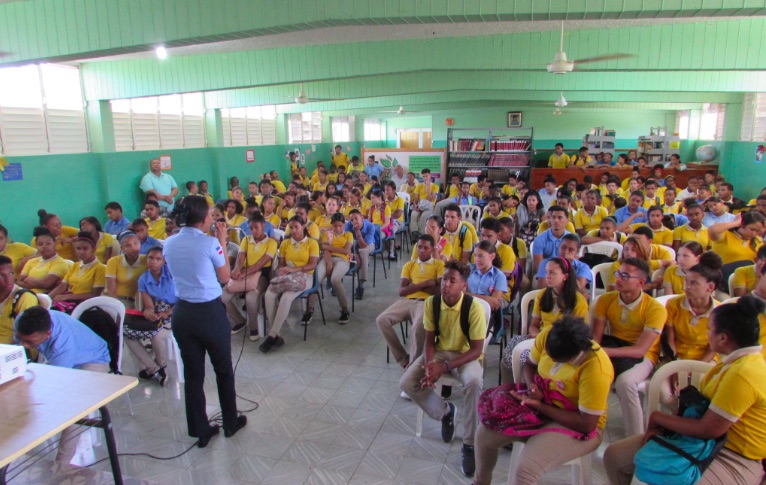FREE FLOW OF INFORMATION
A report from Democracy Now (reprinted according to a Creative Commons Attribution-Noncommercial-No Derivative Works 3.0 United States License)
Attorneys for WikiLeaks founder Julian Assange are vowing to fight his possible extradition to the United States following his arrest in London, when British police forcibly removed Assange from the Ecuadorean Embassy, where he had taken asylum for almost seven years. On Thursday night, Democracy Now!’s Amy Goodman spoke to Noam Chomsky about Assange’s arrest, WikiLeaks and American power.
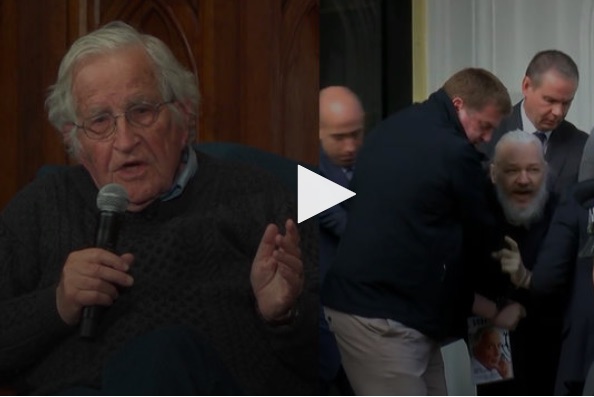
Video of Chomsky interview
AMY GOODMAN: This is Democracy Now! I’m Amy Goodman in Boston, as we sit down with Noam Chomsky for a public conversation. I asked him about the arrest of Julian Assange.
NOAM CHOMSKY: Well, the Assange arrest is scandalous in several respects. One of them is just the effort of governments—and it’s not just the U.S. government. The British are cooperating. Ecuador, of course, is now cooperating. Sweden, before, had cooperated. The efforts to silence a journalist who was producing materials that people in power didn’t want the rascal multitude to know about—OK?—that’s basically what happened. WikiLeaks was producing things that people ought to know about those in power. People in power don’t like that, so therefore we have to silence it. OK? This is the kind of thing, the kind of scandal, that takes place, unfortunately, over and over.
To take another example, right next door to Ecuador, in Brazil, where the developments that have gone on are extremely important. This is the most important country in Latin America, one of the most important in the world. Under the Lula government early in this millennium, Brazil was the most—maybe the most respected country in the world. It was the voice for the Global South under the leadership of Lula da Silva. Notice what happened. There was a coup, soft coup, to eliminate the nefarious effects of the labor party, the Workers’ Party. These are described by the World Bank—not me, the World Bank—as the “golden decade” in Brazil’s history, with radical reduction of poverty, a massive extension of inclusion of marginalized populations, large parts of the population—Afro-Brazilian, indigenous—who were brought into the society, a sense of dignity and hope for the population. That couldn’t be tolerated.
After Lula’s—after he left office, a kind of a “soft coup” take place—I won’t go through the details, but the last move, last September, was to take Lula da Silva, the leading, the most popular figure in Brazil, who was almost certain to win the forthcoming election, put him in jail, solitary confinement, essentially a death sentence, 25 years in jail, banned from reading press or books, and, crucially, barred from making a public statement—unlike mass murderers on death row. This, in order to silence the person who was likely to win the election. He’s the most important political prisoner in the world. Do you hear anything about it?
(Article continued in the column on the right)
Julian Assange, Is he a hero for the culture of peace?
Free flow of information, How is it important for a culture of peace?
(Article continued from the column on the left)
Well, Assange is a similar case: We’ve got to silence this voice. You go back to history. Some of you may recall when Mussolini’s fascist government put Antonio Gramsci in jail. The prosecutor said, “We have to silence this voice for 20 years. Can’t let it speak.” That’s Assange. That’s Lula. There are other cases. That’s one scandal.
The other scandal is just the extraterritorial reach of the United States, which is shocking. I mean, why should the United States—why should any—no other state could possibly do it. But why should the United States have the power to control what others are doing elsewhere in the world? I mean, it’s an outlandish situation. It goes on all the time. We never even notice it. At least there’s no comment on it.
Like, take the trade agreements with China. OK? What are the trade agreements about? They’re an effort to prevent China’s economic development. It’s exactly what they are. Now, China has a development model. The Trump administration doesn’t like it. So, therefore, let’s undermine it. Ask yourself: What would happen if China did not observe the rules that the United States is trying to impose? China, for example, when Boeing or Microsoft, some other major company, invests in China, China wants to have some control over the nature of the investment. They want some degree of technology transfer. They should gain something from the technology. Is there something wrong with that? That’s how the United States developed, stealing—what we call stealing—technology from England. It’s how England developed, taking technology from more advanced countries—India, the Low Countries, even Ireland. That’s how every developed country has reached the stage of advanced development. If Boeing and Microsoft don’t like those arrangements, they don’t have to invest in China. Nobody has a gun to their heads. If anybody really believed in capitalism, they should be free to make any arrangement they want with China. If it involves technology transfer, OK. The United States wants to block that, so China can’t develop.
Take what are called intellectual property rights, exorbitant patent rights for medicines, for Windows, for example. Microsoft has a monopoly on operating systems, through the World Trade Organization. Suppose China didn’t observe these. Who would benefit, and who would lose? Well, the fact of the matter is that consumers in the United States would benefit. It would mean that you’d get cheaper medicines. It would mean that when you get a computer, that you wouldn’t be stuck with Windows. You could get a better operating system. Bill Gates would have a little less money. The pharmaceutical corporations wouldn’t be as super-rich as they are, a little less rich. But the consumers would benefit. Is there something wrong with that? Is there a problem with that?
Well, you might ask yourself: What lies behind all of these discussions and negotiations? This is true across the board. Almost any issue you pick, you can ask yourself: Why is this accepted? So, in this case, why is it acceptable for the United States to have the power to even begin to give even a proposal to extradite somebody whose crime is to expose to the public materials that people in power don’t want them to see? That’s basically what’s happening.
